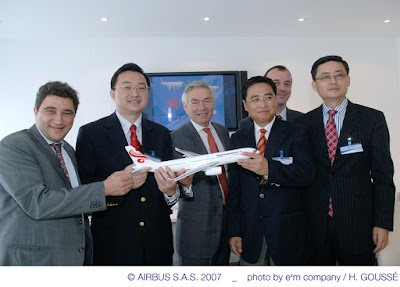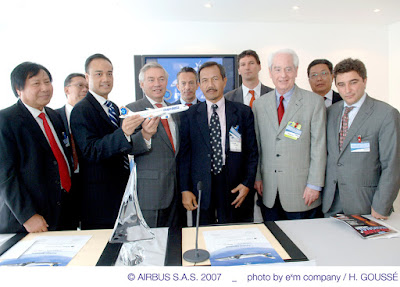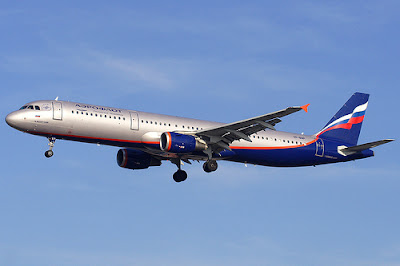Lufthansa CEO Wolfgang Mayrhuber said that Lufthansa was "very pleased to become an investor in JetBlue" and that "this investment presents Lufthansa with a compelling opportunity to invest in the U.S. point-to-point carrier market as the industry continues to evolve." Dave Barger, jetBlue CEO, was pleased with "this significant endorsement of JetBlue's franchise from one of the most respected leaders in global aviation" and said that the investment "will also improve our balance sheet and give us greater financial flexibility as we move into 2008."
In a conference call this afternoon, it was revealed that Lufthansa was the one that approached jetBlue (sometime during the late summer). The deal should close sometime during the first quarter in 2008. This seems to have been the right time for Lufthansa to move in for a deal; shares of jetBlue are relatively cheap at the moment, and the airline could use some extra cash. jetBlue has had some trouble over the past years with high oil prices and increased competition (especially now that Virgin America's competing in the transcontinental market). Shares of jetBlue have fallen by half since last February's mess at JFK involving passengers stranded on planes for several hours, an event which damaged the airline's reputation. In addition, with the low value of the dollar versus the euro, Lufthansa's getting a pretty good bargain.
As of now, the two airlines haven't said that they would cooperate in any areas other than "operation cooperation". No code-share deal was announced, either, and besides, jetBlue's reservation system doesn't allow for code-sharing (at least not yet). If the airlines were to integrate schedules, Lufthansa would certainly benefit from US domestic feed at JFK. Then again, Lufthansa's premium passengers might not want to go from Lufthansa's premium classes of service to jetBlue's all-economy service (even if they do have DirecTV).
But there are still a few unanswered questions. Lufthansa is close partners with United Airlines and US Airways, all three of which are Star Alliance members. It's unknown if Lufthansa's US partners had any say-so in the deal or not, or what the potential ramifications of the deal are for the two. And there's no word yet if this could eventually lead to jetBlue becoming a Star Alliance member. United has been rumored to be interested in jetBlue as a potential merger partner, and if Lufthansa were to increase their stake to 25% and if United were to buy 26%, then the two airlines would have a controlling interest in jetBlue. Right now Lufthansa is limited to 25% ownership, like all foreign carriers, but if this cap is lifted (and with the Open Skies deal announced earlier this year, it might be soon), then Lufthansa might eventually purchase a controlling stake in jetBlue.






























































